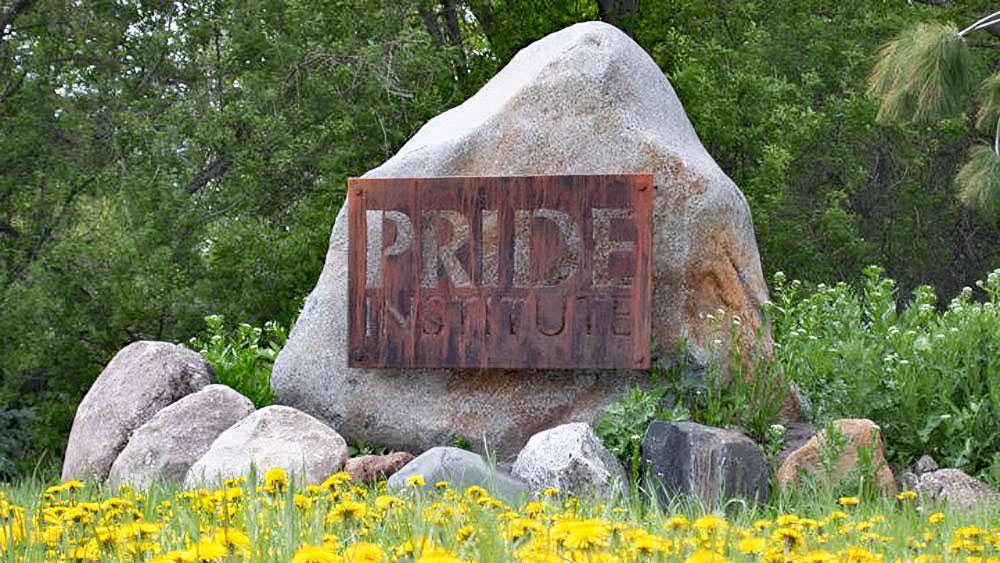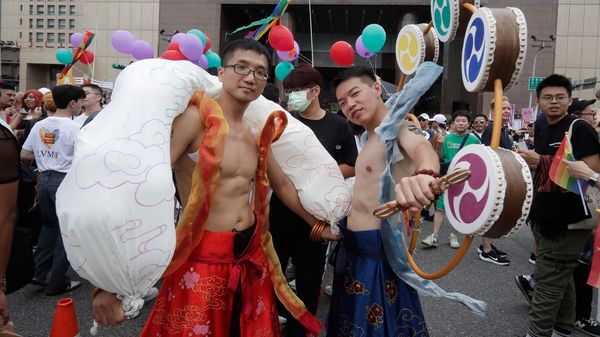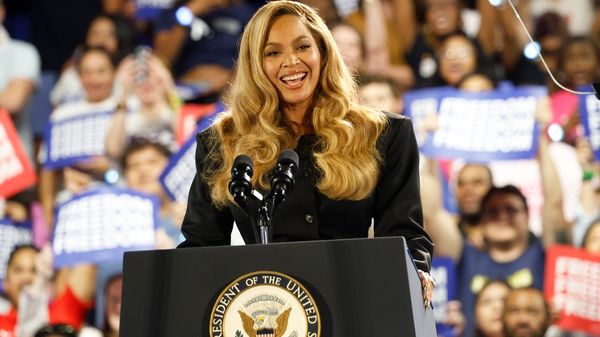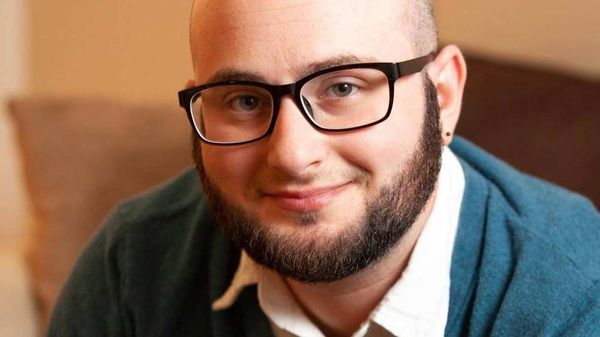September 13, 2007
Bar exam flunker wants anti-gay lawsuit dismissed
Frances Betlyon READ TIME: 2 MIN.
Stephen Dunne, the man who filed suit against the Massachusetts Board of Bar Examiners and the state's Supreme Judicial Court after he failed the bar exam in part for refusing to answer a question about same-sex marriage, now wants his lawsuit dismissed.
In a two-page motion for dismissal filed in U.S. District Court on Sept. 6, Dunne, who narrowly failed the bar exam after taking it in February, Dunne stated that the absence of "the patently offensive and morally repugnant" gay marriage question from the July version of the Mass. bar exam was good enough for him. "Defendants removal of the question is assurance that all future examinees taking the Massachusetts Bar Examination will not be forced to accept, support or promote a liberal ideology on a professional licensing examination."
But in its reply to Dunne's motion to dismiss, Attorney General Martha Coakley's office gave no assurance that a question relating to civil marriage rights for same-sex couples would not appear on future versions of the test. The "Defendants wish to make clear that they have not agreed to limit the content of any future examination questions," Coakley's brief, filed on Sept. 7, stated. "... That Defendants elected not to ask the same questions on both the February and July, 2007 bar examinations merely reflects their standard practice of not repeating questions on successive bar examinations. Defendants maintain that the question to which Plaintiff objects was a legitimate question regarding the current state of law in the Commonwealth. The Board of Bar Examiners maintains its right to test bar applicants on that same subject matter in future examinations."
Among many other allegations in his lawsuit, Dunne had accused the state Board of Bar Examiners of using the same-sex marriage question as a "disguised mechanism to screen applicants according to their political ideology," thus they are discriminatorily persecuting him and oppressing his "sincere religious practices and beliefs." He further argued that being required to answer a question that affirmatively acknowledges gay marriage and gay parenting "is tantamount to forcing the Plaintiff to accept "Defendants [sic] irreligion of Secular Humanism." Each of those actions, Dunne complained, violated his First Amendment rights to freedom of religion. Dunne's lawsuit provoked ridicule from members of the legal community (See "Case dismissed," July 12). Dunne, who listed a Boston post office box for an address on his court filings, later constructed a website, christianlawsuit.com, aimed at recruiting a constitutional law expert to represent him and raising money for his legal expenses. The site now includes only a copy of Dunne's motion for dismissal.
Dunne could not be reached for comment for this story.







